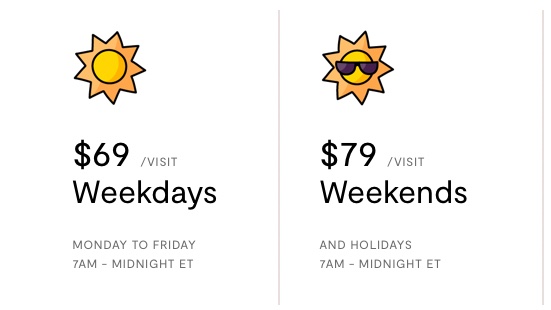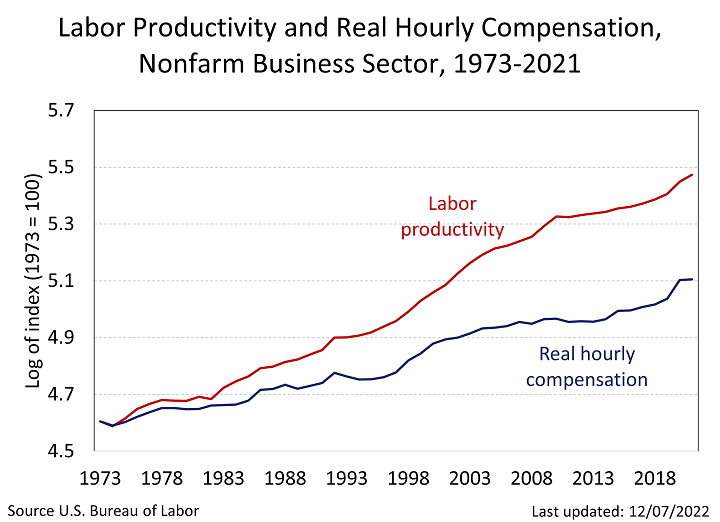Victor Orban is not a stupid man even though I disagree with him on a great deal:
Hungarian military leadership is receiving a purge. Over 170 generals and high-ranking officers were fired in a matter of a couple days. A deNATOization is occurring in the Hungarian command purging those that were socialized in NATO and international partnerships.
Now, it’s easy to reflexively say this is bad, but imagine you were a left-wing South American leader.
Yeah, you’d be an idiot not to purge the military of those trained by “NATO” and the US, because those are the guys who resist and who launch coups. The only question is how to do it without causing a purge. If you want to run your country in ways the West doesn’t approve of, this is what you have to do. It may be you want to do things that are worse or better (or a mix of both), but whatever you want to do, if it doesn’t agree with the US, you can’t leave those military officers in command.
This is more broadly true, of course, military officers who are loyal to a different ideology are poison. This is why the Angl0-American ideology was supposed to be that career military men don’t have political opinions; or at least don’t share or act on them. More violated in the breach, etc…
In Turkey Edrogan spent years purging the military, and used the failed coup to finish the job. But if he hadn’t already been purging, it wouldn’t have failed. In Brazil, Lula is currently cleaning at least some house, though nowhere near as much as Orban.
And some may remember that in Britain, there were threats of a coup if Corbyn became Prime Minister.
The military and paramilitary forces, police and secret police in particular, are always a problem. But there’s an argument that the worst are those who were foreign trained and whose loyalty isn’t truly to their home country. And given how senior officers in NATO countries are trained and socialized, well, their loyalties must always be suspect. Is it their own country their loyalty is with, or America?
Within a country, the question is “loyal to which faction.” In the US, for example, if push had come to shove it’s safe to say that the border cops would have sided with Trump and will side with any future “strong man.” Those watching the storming of the capital will remember how restrained the police were: if it had been a bunch of blacks, would they have been so considerate?
Brazil had an attempted coup during the election, and Lula, the new President is treating it very differently than Orban: he’s not just going after the foot soldiers, but after the people behind them. But then Lula went to prison on trumped up charges designed to stop him from running in the previous election: he understand the stakes viscerally.
American elites, internally, operate by a simple rule that if a member doesn’t betray the class, they don’t go to prison and they don’t lose their cushy lifestyle, even if they lose their power. There’s been some movement to hold Trump to account, but it’s half-hearted, simply because elites don’t want “their” president to be the one on the chopping block next. They all do things which could be considered illegal, after all, they’re little better than Mafia dons.
But if the stakes are “I keep power or I lose everything” then the game changes. The problem is that knowing they essentially have immunity, crimes in the elite class have become worse and worse over time.
All systems have written and unwritten norms, but all systems have in and out groups. The norms apply to some people, and not to others. If any regular employee had treated classified documents the way Trump, Clinton and Biden did they’d be in prison, that’s just a fact. Blacks are treated worse than whites; but poor people are treated worse than rich people. Kinda shitty to be poor and black.
And some people and groups are considered legitimate in power and others aren’t. Corbyn wasn’t, which is why the media lied about him 80% or so of the time and why a nonsense anti-semitism scandal was whipped up (there was anti-semitism in the party, but Corbyn isn’t one, and the party is less anti-semitic than the Conservatives, which is what you would expect.)
And it’s why the British military might have couped Corbyn if he won and it’s why Orban, and his dispute with the EU heats up because of his refusal to go along with the consensus in the Russian war, on top of his various other policies, is getting rid of those officers committed to a different ideology, who might feel that he is illegitimate, and that he needs to go.


